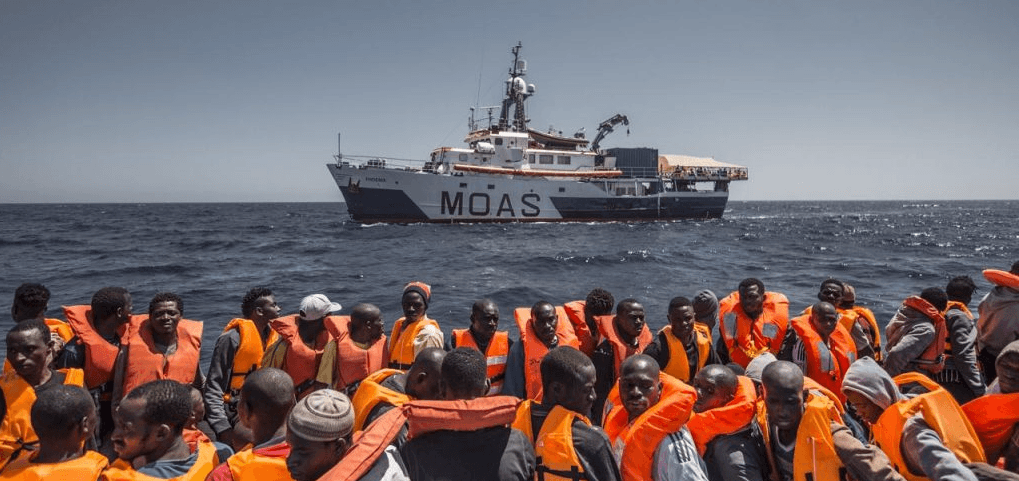The informal meeting of Justice and Home Affairs Minister discussed the situation on the Central Mediterranean Sea Route yesterday, following a call from Italy for more solidarity from other Member States in dealing with sea arrivals.
In a letter sent to Commissioner Avramopoulos and the Estonian Presidency, the Italian Minister of the Interior stated that high arrivals result in an “unsustainable” situation, which might force the country to deny permission to dock non-Italian search and rescue vessels in its ports. Following discussions with France, Germany, Italy and the Commissioner on July 2, an Action Plan was proposed by the Commission on July 4.
In a press statement yesterday, EU Ministers of the Interior agreed to prioritize a number of actions aiming at reducing migratory pressure, including an increased engagement with Libya and other key countries, following up on steps undertaken to prevent movements from Niger and Mali towards Libya. They further foresee the introduction of a code of conduct for NGOs carrying out search and rescue missions in the Central Mediterranean and fostering returns by accelerating the work on EU readmission agreements with third countries and putting the Commission’s recommendations on returns into practice. Finally, the conclusions affirm a commitment to the reform of the Common European Asylum System as well as Italy’s efforts to implement a migration policy that “reduces pull factors” and increases efficiency to identify and return migrants.
“EU Ministers once more set the wrong priorities. Reducing search and rescue capacity and increasing deterrence is not the answer when lives are at stake,” said ECRE’s Secretary General, Catherine Woollard, “Rather than a code of conduct on NGOs an action plan on the creation of safe and legal channels is urgently needed. “
Iverna McGowan, Director of Amnesty International, European Institutions Office commented on the Commission Action Plan: “ Instead of proposing yet more migrants be detained and more speedily returned, EU leaders need to once and for all take real action to prevent drownings at sea. Their priority must be to step up search and rescue, and provide safe and legal routes to Europe. Outsourcing more and more responsibility for search and rescue to the Libyan Coastguard is irresponsible and ineffective and has led to more deaths at sea. In allowing the Libyan coastguard to intercept boats and return them to Libya, the EU is showing blatant disregard for the lives of refugees and migrants.”
According to IOM, as of July 3, this year a total of 85 183 people arrived through the Central Mediterranean route in Italy with 2150 reported death.
For further information:
- ECRE, Libya: migrants’ “Hell on Earth” – Interview with Izza Leghtas, Senior Adocate for Europe, Refugees International
- ECRE, Regional governments in Italy to provide additional capacity for detention of 1600 people, May 19, 2016
- ECRE, EU-Libya: Another step towards “increased harm and suffering?”, March 24, 2017
Photo: (cc) MOAS Mediterranean Sea mission, Thomas Kieselbach/Jason Florio, 2016

